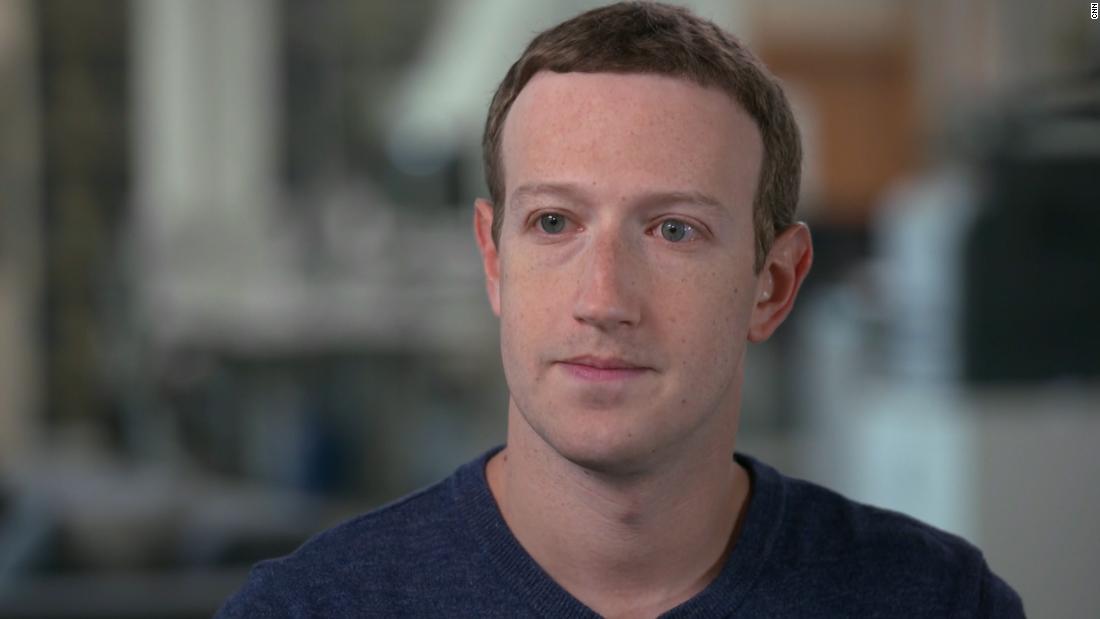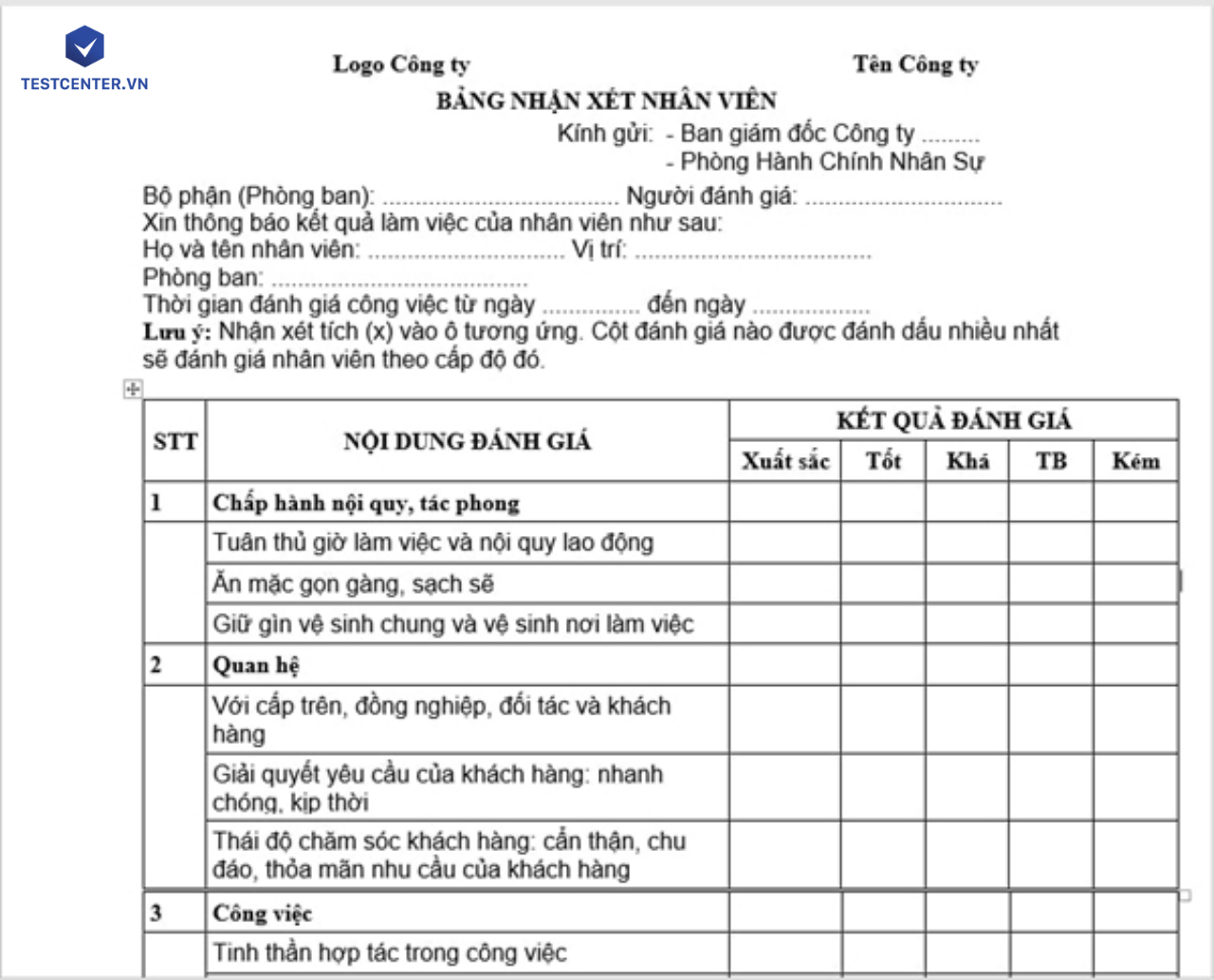Zuckerberg's Leadership In A Trump-Era America

Table of Contents
Navigating Political Polarization and Misinformation
The rise of fake news and the spread of misinformation presented a monumental challenge to Zuckerberg's leadership. The 2016 US Presidential election became a stark example of how social media could be manipulated to influence public opinion.
The Spread of Fake News and its Impact on the 2016 Election
- Examples of Misinformation Campaigns: The proliferation of fake news stories about Hillary Clinton's health and the fabricated "Pizzagate" conspiracy theory directly impacted the election discourse. Foreign actors, like the Internet Research Agency, actively spread divisive content to sow discord and influence voter behavior.
- Facebook's Initial Response: Facebook's initial response to these issues was widely criticized as slow and inadequate. The company was slow to acknowledge the scale of the problem and initially downplayed its role in the spread of misinformation.
- Criticism of its Lack of Action: The lack of proactive measures to identify and remove fake news led to accusations of negligence and complicity in undermining the democratic process. This criticism intensified as evidence of the scale of the problem came to light.
Facebook eventually implemented measures to combat misinformation, including fact-checking partnerships with third-party organizations and algorithms designed to flag potentially false content. However, the effectiveness of these policies remains a subject of ongoing debate, with critics pointing to the continuous emergence of sophisticated misinformation campaigns.
Balancing Free Speech with the Need to Regulate Harmful Content
This challenge lies at the heart of the ongoing debate surrounding content moderation on social media platforms. Balancing free speech principles with the responsibility to protect users from harmful content is incredibly complex.
- The Ongoing Debate Around Censorship: Critics argue that Facebook's efforts to combat misinformation amount to censorship, suppressing free expression and stifling legitimate political discourse. Conversely, proponents of stricter regulation emphasize the need to protect users from harmful content that can incite violence, spread hate speech, or manipulate public opinion.
- Section 230 and the Challenges of Content Moderation at Scale: Section 230 of the Communications Decency Act provides legal protection to online platforms for user-generated content. However, the applicability and interpretation of Section 230 are constantly debated, particularly concerning the responsibility of platforms to moderate content at scale. This is incredibly difficult given the sheer volume of content posted daily and the nuances of determining what constitutes "harmful" content.
Navigating this complex landscape requires a delicate balance, one that has eluded even the most powerful tech companies. The challenge involves not just technological solutions but also a deep understanding of legal frameworks, ethical considerations, and the social impact of content moderation decisions.
Responding to Government Scrutiny and Regulation
Zuckerberg's leadership was also tested by intense government scrutiny and evolving regulatory landscapes.
Investigations into Facebook's Data Practices and Privacy Concerns
The Cambridge Analytica scandal, where user data was harvested without consent, dealt a significant blow to Facebook's reputation and triggered numerous investigations.
- Cambridge Analytica Scandal: This data breach exposed millions of Facebook users' personal information, raising serious concerns about data privacy and the potential for misuse of personal data.
- Antitrust Lawsuits: Facebook also faced numerous antitrust lawsuits, alleging anti-competitive practices and monopolistic behavior.
- Hearings Before Congress: Zuckerberg himself appeared before Congress multiple times, facing intense questioning about Facebook's data practices, its role in the spread of misinformation, and its responsibility for protecting user data.
These investigations significantly impacted Facebook's reputation and led to changes in its data policies and practices. The long-term effects of these events on Facebook’s strategies and public trust are still being assessed.
Adapting to Evolving Regulatory Landscapes Across the Globe
The global nature of Facebook’s operation means navigating a complex web of varying data privacy regulations.
- GDPR: The General Data Protection Regulation (GDPR) in Europe set a new benchmark for data protection, forcing Facebook to adapt its data practices to comply with stricter regulations.
- Evolving Data Privacy Laws in the US and Other Countries: Data privacy laws are evolving rapidly across the globe, creating a constant need for adaptation and compliance. Each country's regulations present unique challenges that require careful consideration.
The complexities of complying with a patchwork of international regulations require significant resources and expertise. This added layer of complexity significantly impacted Zuckerberg’s leadership challenges during this period.
Maintaining User Trust and Engagement in a Divided Nation
Maintaining user trust and fostering a positive online community became increasingly challenging amid political polarization.
The Challenge of Fostering a Positive and Inclusive Online Community
Facebook implemented various strategies to promote positive interactions, but the task remains Herculean.
- Strategies Employed by Facebook: These strategies include enhanced hate speech detection systems, fact-checking initiatives, and community standards to guide user behavior.
- Efforts to Combat Hate Speech and Harassment: These efforts aim to create a safer environment for users, but the success of these initiatives is often debated due to the volume of content and the sophisticated nature of hate speech.
The challenge extends beyond algorithms and technological solutions to encompass fostering a culture of respect and tolerance among users. Maintaining such a culture on a platform with billions of users is a massive ongoing task.
The Impact of Political Advertising and its Role in Shaping Public Opinion
Political advertising on Facebook became a significant source of contention.
- Debate Around Transparency in Political Advertising: Concerns were raised about the lack of transparency in political advertising, particularly regarding the source of funding and the targeting of specific demographics.
- Concerns About Foreign Interference: The use of Facebook for foreign interference in elections became a major concern, prompting calls for stricter regulations and greater transparency.
- Facebook's Response: Facebook implemented measures to increase transparency in political advertising, including requiring disclosure of who is paying for ads and providing more information about ad targeting.
The ethical implications of political advertising on social media platforms remain a subject of intense debate. Balancing the right to political expression with the need to protect against manipulation and misinformation is a continuous challenge.
Conclusion: Zuckerberg's Leadership Legacy in a Post-Trump America
Zuckerberg's leadership during the Trump era was defined by a constant struggle to balance free speech, user safety, and governmental regulation. He faced intense scrutiny concerning misinformation, data privacy, and the role of social media in shaping public opinion. While Facebook implemented various measures to address these issues, the effectiveness of these measures remains a subject of ongoing debate. His greatest successes arguably involved navigating the legal and regulatory hurdles and maintaining (to a degree) Facebook's dominance. However, his greatest failures lie in the company's initial slow response to the spread of misinformation and the Cambridge Analytica scandal, which significantly damaged the platform's reputation and user trust. The long-term consequences of his leadership decisions during this period will continue to unfold, impacting not only Facebook but also the broader digital landscape.
To understand the full impact of Zuckerberg's leadership, further research is crucial. We encourage you to engage in further discussion on Zuckerberg's Leadership in a Trump-Era America by sharing this article and commenting below. How can social media platforms better navigate political polarization and misinformation in the future? Let’s continue this crucial conversation.

Featured Posts
-
 High Potentials Bold Finale What Impressed Abc
May 09, 2025
High Potentials Bold Finale What Impressed Abc
May 09, 2025 -
 Pakistan Stock Market Crash Operation Sindoor Triggers Kse 100 Plunge
May 09, 2025
Pakistan Stock Market Crash Operation Sindoor Triggers Kse 100 Plunge
May 09, 2025 -
 Discounted Elizabeth Arden Compare Prices And Save
May 09, 2025
Discounted Elizabeth Arden Compare Prices And Save
May 09, 2025 -
 Tham Kich Bao Mau Danh Tre O Tien Giang Cong Dong Can Chung Tay Bao Ve Tre
May 09, 2025
Tham Kich Bao Mau Danh Tre O Tien Giang Cong Dong Can Chung Tay Bao Ve Tre
May 09, 2025 -
 Post 2025 Nhl Trade Deadline Playoff Predictions And Analysis
May 09, 2025
Post 2025 Nhl Trade Deadline Playoff Predictions And Analysis
May 09, 2025
